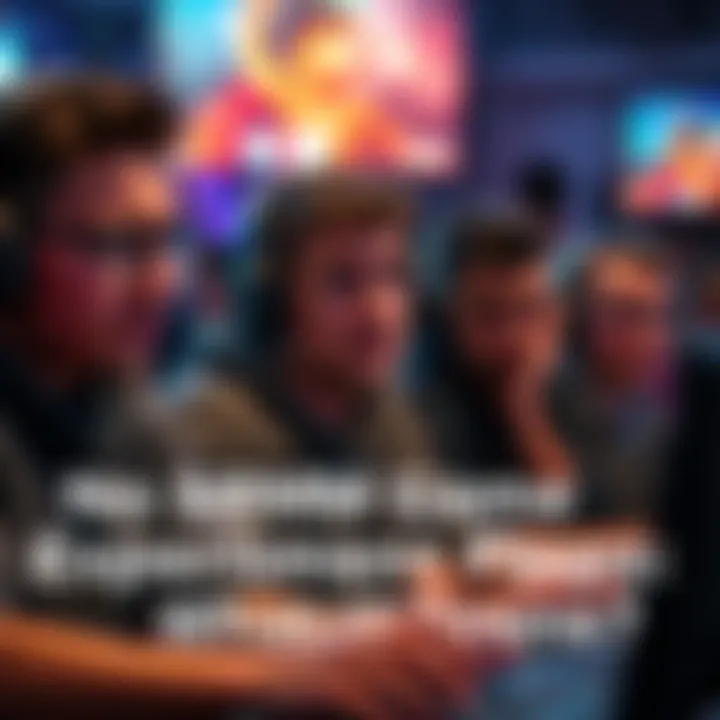SBMM Experiment Backlash | Players Question Game's Downfall

A group of players are questioning the narrative surrounding a recent game's failure after launching it without skill-based matchmaking (SBMM). Critics emphasize lagging connectivity, poor response from developers, and incomplete design as core reasons behind the lack of player engagement.
The Debate on SBMM
Interestingly, comments from people on forums highlight that the lack of SBMM may not be the main issue contributing to the game's downfall. Some players argue that it was a refreshing change, yet they recognize other significant flaws.
Key Issues Leading to Downfall
Network Problems: "Shots not registering" and dying unexpectedly are major frustrations noted by players.
Publisher's Inattention: Sentiments echo that, "The publisher is ass, and the devs didn’t listen to feedback," underlining a communications gap.
Content Drought: Many feel the game was released lacking substance, hence failing to keep players captivated.
"Lack of SBMM is not why this game failed," a player argued, indicating that more extensive problems were at play.
Players Respond
Community sentiments reflect disappointment, with many articulating both nostalgic memories and ongoing frustrations. "At least I had fun, but it was sure to be unsustainable," noted one player recalling their experience.
Moreover, users pointed out that the absence of SBMM was one of the key selling points that offered a fresh feel, with one saying, "It didn’t die because there was no SBMM?" This perspective is a testament to the mixed reactions towards the feature, as it encouraged some while hindering others.
Mixed Reactions to Game's Hypothetical Success
While some players enjoyed the gameplay without SBMM, others mentioned how mismatched skills caused discord. Others invoke examples from other franchises, mentioning "Battlefield remains" and "And RUST," as lessons in what can go right or wrong without such matchmaking.
Key Insights:
⚙️ Technical snafus marred gameplay: Noted network inconsistencies cited.
✉️ Many assert SBMM wasn't the main failure point; poor content rollout is highlighted.
🌟 "Ubisoft fumbled and then willingly gave up" - a common sentiment among frustrated players.
As the community continues to discuss, a critical question arises: Will this feedback facilitate change in future game developments? Players are hopeful for a more responsive approach moving forward.
